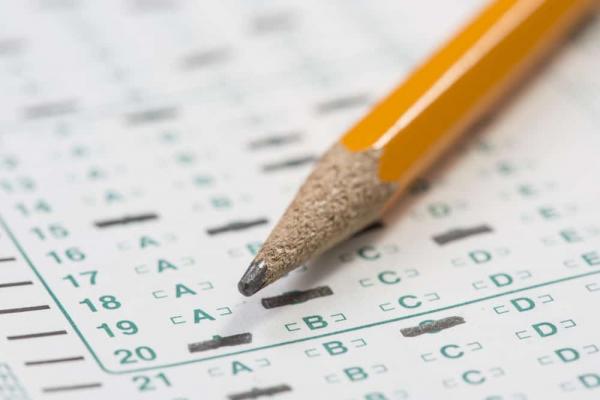
Standardized tests are part of nearly everyone's lives these days, from children in elementary school to high school students and older seeking to gain entrance into various colleges and educational programs.
Help your child prepare for these tests and have the best possible result by following these strategies:
Deal with the stress
Children can sometimes become overly anxious about test-taking. Help them put things into perspective by reminding them that one of the test's main purposes is to help the school know how well they are doing. Tell them it's important to do their best but that stressing about it won't help and may even hurt their score. Each person's "best" may be different, but that's all that is being asked of them.
Get a good night's sleep
Before test day, you can help your child by making sure they get a good night's rest, and providing them with a nutritious breakfast. It may be helpful to go over what the test will be like - how long it will take, how the test is given, and so on - to remove some of the nervous jitters that the unknown can bring. Cramming the night before is never a good idea.
Use several study methods
When studying for tests, using several different methods is often effective. For example, instead of simply reading and re-reading from a text book, find alternate methods such as making a flash card game or reading the material out loud to your child.
Take a test preparation course
Older children and adults who are taking college placement classes can benefit from taking a prep class. Since a high score on placement tests can make a huge difference in what college kids will ultimately attend, and can impact their career, it's often worth the expense and time it takes to attend one of these courses.
Take practice tests
Practice tests have been made for nearly every standardized test, and can be taken either in a casual setting or in a setting that emulates what the actual test will be like. Completing practice tests helps students know what to expect and highlights those areas where students need additional help. Make sure the test includes some timed testing to simulate the pressure and feel of working within a time-limit. In addition, check to see if the test your child will be taking penalizes for wrong answers. Some do, some don't. If there is no penalty, children should be encouraged to make their best guess and to fill in any blank multiple choice questions when time is nearly out. Many test preparation classes teach strategies to use for various testing scenarios.
Succeeding at standardized tests can have a huge effect on students, both now and in the future as they apply for colleges or universities of their choice. Make test-preparation part of your family study habits now, and when those all-important college admission tests come around, these habits will be in place to help your students do their very best.

